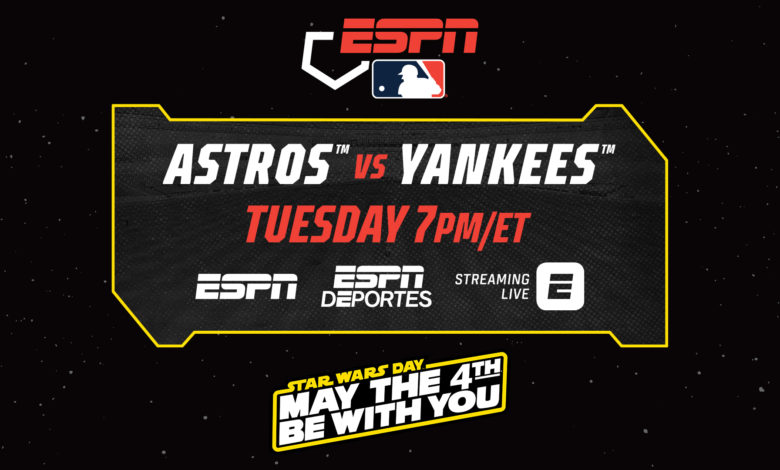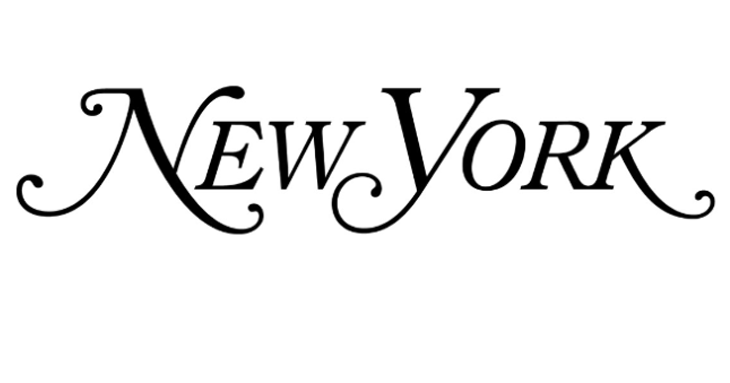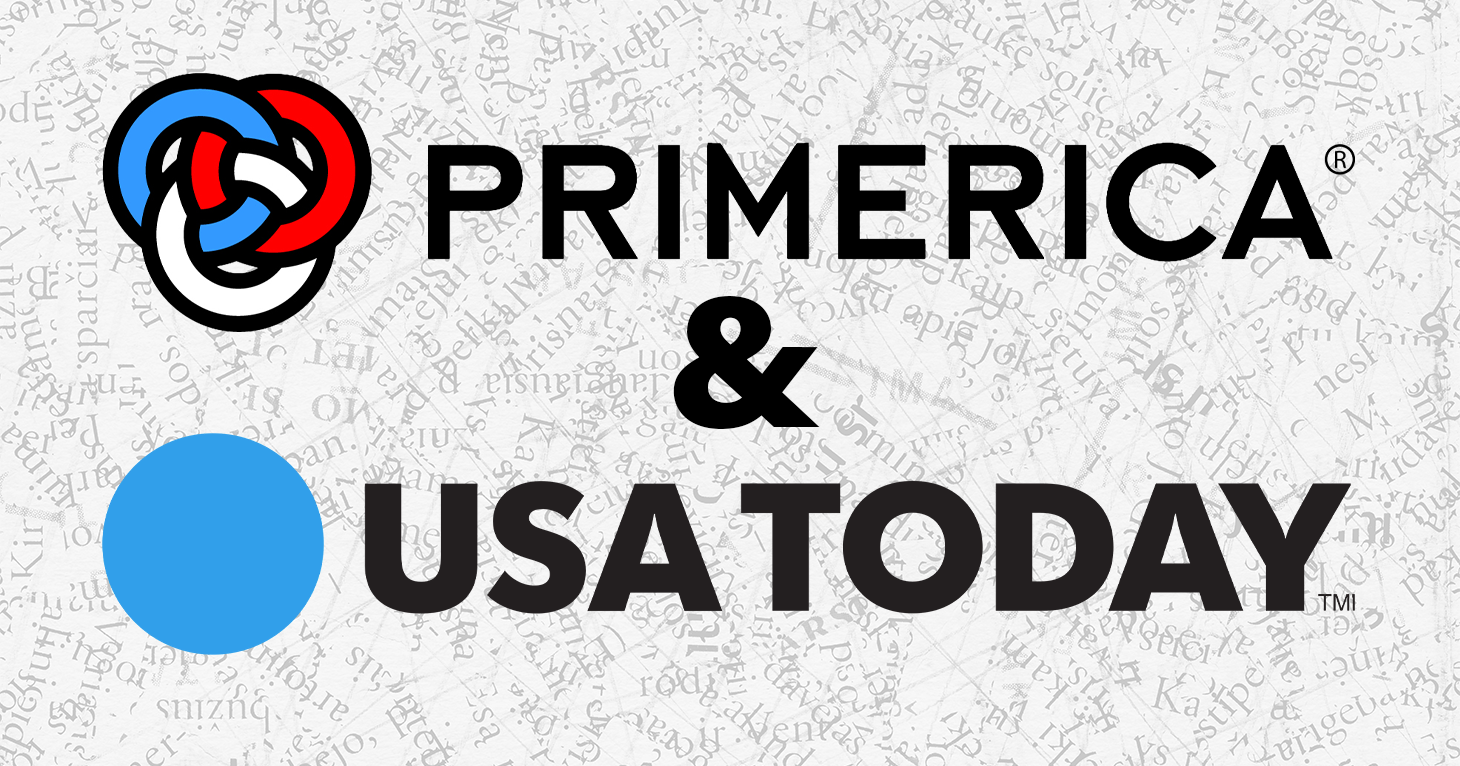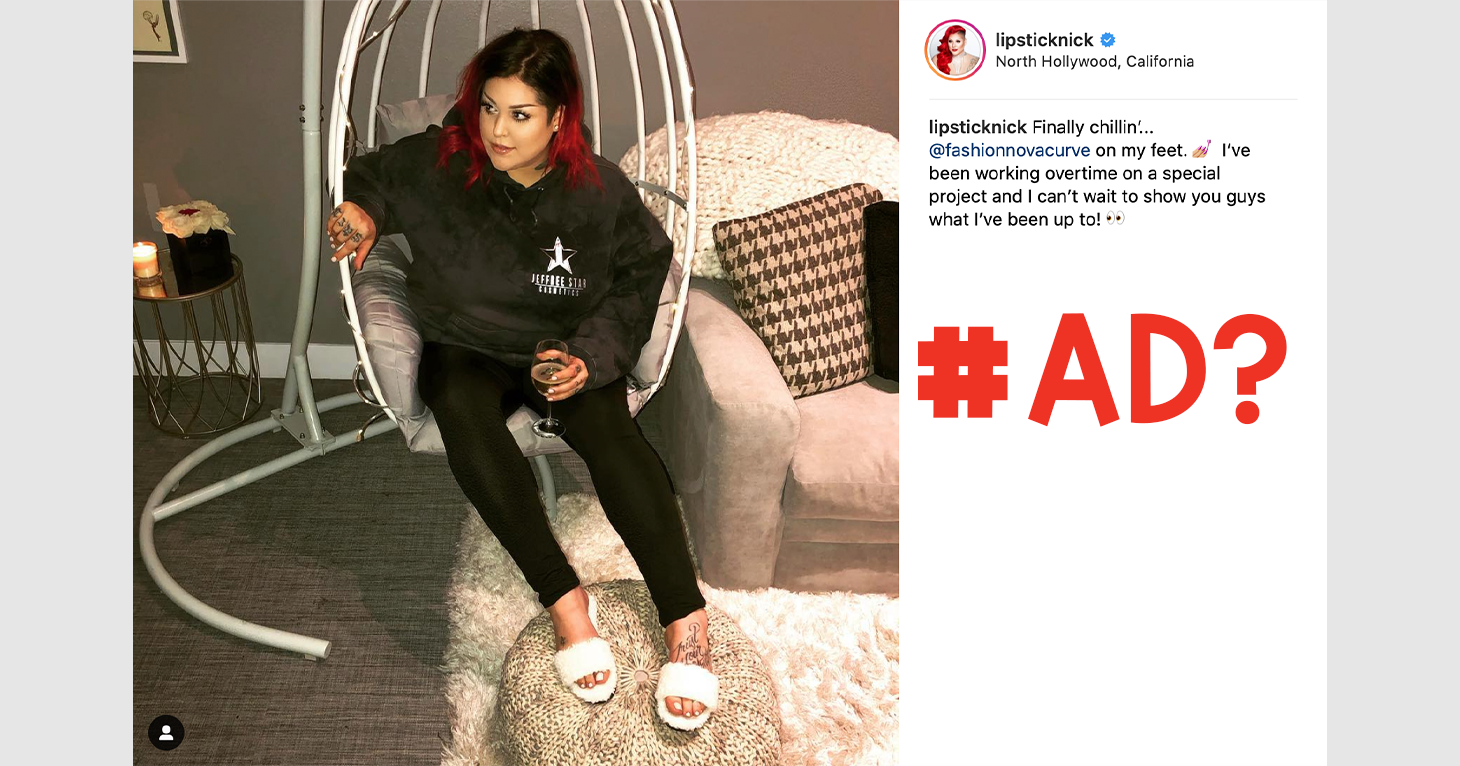
Ad or Not? ESPN’s Star Wars-Themed Baseball Telecast
“May the fourth” of distinguishing between organic content and paid advertising be with you.
Hype or editorial content regarding this hyperpigmentation serum?
This recent posting on New York Magazine’s Facebook page prompted a round of head-scratching among a few of its followers. But where some expressed their bemusement in “thinking face emoji” form, others were more direct.
“(T)his is an ad,” wrote one commenter.
“#sponsored,” added another, referencing a hashtag used to identify content shared on social media as paid advertising.
The Facebook posting sends readers to a post in “The Strategist” section of the magazine’s website where a first-person account relates how Murad serum turned a face resembling “an overripe banana” into one devoid of the dark spots of hyperpigmentation. The author ends on this note:
I’ve added hyperpigmentation to the list of things I’m fine without as I inch closer to 30 — right next to diary and all-nighters. That’s what I call progress.
OK, but what do we call what we just read? In other words, is it an ad or not?
At the end of the post there’s a link that takes you to Amazon if you want to buy the serum, which sells for $40. Further down the page, a paragraph in italics says, in part, “If you buy something through our links, we may earn an affiliate commission.”
So ad, right? Not according to New York Magazine.
“This post and the related Facebook post are not advertisements,” said Lauren Starke, director of public relations, in response to a TINA.org request for comment.
In fact, Starke had another name for the post.
“The post is an editorial endorsement, of which we do many, based solely on the product’s merits and the editor’s enthusiasm,” she said.
Sure, but the fact remains that the magazine is making money off these posts, which isn’t disclosed on that Facebook posting.
Insert “frustrated emoji.”
Find more Ad or Not posts here.
“May the fourth” of distinguishing between organic content and paid advertising be with you.
Company tweet muddies sponsored content.
Makeup artist and beauty influencer Lipsticknick needs to “make up” her mind about proper disclosure.


